Dinkić: No guarantees for pipeline
Mlađan Dinkić questioned fellow minister Petar Škundrić’s statement that Russia has given guarantees for all three parts of the energy deal.
Friday, 12.12.2008.
10:21

Mladjan Dinkic questioned fellow minister Petar Skundric’s statement that Russia has given guarantees for all three parts of the energy deal. In separate addresses to a joint session of the parliamentary committees for industry and privatization, Economy Minister Dinkic, G17 Plus, said there are no legal or financial guarantees for the South Stream pipeline, while Energy Minister Skundric, SPS, said that the energy agreement between the two countries is enough of a guarantee that the project will be realized. Dinkic: No guarantees for pipeline Dinkic said that Serbia has entered the energy agreement with Russia because of the pipeline, and that it now appears that all Russia wants to do is buy NIS. He added that the Russian side did not give any legal or financial guarantees that it will build the pipeline and modernize the Banatski Dvor storage facility. Dinkic also told the committees that seven days ago, the government was united on not making a partial energy agreement, but to instead insist on guarantees for all three projects. “It is unacceptable that the drafted agreement for the sale does not state when the Russians will pay EUR 400mn for NIS,” he said. Dinkiz continued to say that some members of the government said that “by not asking for guarantees, we will sell NIS, defend Kosovo and speed up European integration," and dubbed this to be "absolutely nonsensical". Skundric, on the other hand, said that the signed agreement between Serbia and Russia is guarantee enough that all three projects will be completed. “Sometimes even verbal agreements are strong enough to be respected,” Skundric said. The minister said that the government has not changed its negotiation platform in the energy agreement talks, and that they will continue. He said that the team of negotiators has not changed, apart from Dinkic and his associates who left at own request. Skundric added that Serbia has to negotiate and protect her interest, adding that problems with realizing the agreement could result in worsening bilateral relations between Belgrade and Moscow. Good relations with Russia, he continued, are very important for Serbia. Skundric also told the committees that the energy agreement is one of the best projects for the country, and that Serbia will be able to assume a strategic position towards both Russia and the EU. The minister concluded that the Russians ”unfortunately refused to give financial guarantees”, because they believe that the agreement signed on January 25 in Moscow is enough of a guarantee that all three projects will be finished. This morning, Tanjug news agency reported that negotiations over the energy agreement between Serbia and Russia would continue today. There were also announcements this Friday in Belgrade that only the sale of the Serbian oil monopoly NIS to Russia's Gazprom would be discussed. Serbian state-owned natural gas enterprise Srbijagas CEO Dusan Bajtovic said that official negotiators of Gazprom’s sister company Gazpromneft will be in Belgrade, adding that Prime Minister Mirko Cvetkovic will be leading the Serbian team. This comes a day after the government passed a decision to continue talks with Russia in an effort to finalize the energy arrangement and also decided remove Dinkic from the working group set up to conduct the talks. Three of his associates also left - Finance Ministry State Secretary Nebojsa Ciric, Privatization Agency Executive Director Branislav Zec and Milenko Ristivojevic from the finance ministry. Dinkic said after the cabinet session on Thursday that he and his team left the work group because the government rejected his proposal to insist on the signing of three binding contracts: for the sale of NIS, the construction of the South Stream pipeline and the Banatski Dvor gas storage facility. Dinkic said that 11 members of the government also rejected an alternative proposal from his ministry to insist that should only the NIS sale contract be signed, Gazprom receives 25 percent of the shares, so that the state would maintain administrative control over the company. According to this proposal, the remaining 26 percent would be sold to Gazprom once a binding South Stream construction contract is signed, in other words, in two years' time. Dinkic said that his team believed that this is the only way that Serbia can secure a joint package from the energy agreement. He said that “Russia accepts to sign only one agreement,” and that the “Russian side wants NIS immediately, but does not want to sign guarantees for the pipeline, which is one of the main reasons that the energy agreement was signed in the first place.” A document regarding the entire negotiation process has been forwarded to the parliament so that MPs could see whether the negotiators followed the guidelines approved by parliament when it ratified the arrangement, G17 plus official Suzana Grubjesic said. She added that the fallout over the Russian deal "should not" endanger stability of the coalition government, because there is a majority that will “support an agreement that is even less attractive than the one ratified by the parliament". The committees meet for a joint session (Beta)
Dinkić: No guarantees for pipeline
Dinkić said that Serbia has entered the energy agreement with Russia because of the pipeline, and that it now appears that all Russia wants to do is buy NIS.He added that the Russian side did not give any legal or financial guarantees that it will build the pipeline and modernize the Banatski Dvor storage facility.
Dinkić also told the committees that seven days ago, the government was united on not making a partial energy agreement, but to instead insist on guarantees for all three projects.
“It is unacceptable that the drafted agreement for the sale does not state when the Russians will pay EUR 400mn for NIS,” he said.
Dinkiž continued to say that some members of the government said that “by not asking for guarantees, we will sell NIS, defend Kosovo and speed up European integration," and dubbed this to be "absolutely nonsensical".
Škundrić, on the other hand, said that the signed agreement between Serbia and Russia is guarantee enough that all three projects will be completed.
“Sometimes even verbal agreements are strong enough to be respected,” Škundrić said.
The minister said that the government has not changed its negotiation platform in the energy agreement talks, and that they will continue.
He said that the team of negotiators has not changed, apart from Dinkić and his associates who left at own request.
Škundrić added that Serbia has to negotiate and protect her interest, adding that problems with realizing the agreement could result in worsening bilateral relations between Belgrade and Moscow.
Good relations with Russia, he continued, are very important for Serbia.
Škundrić also told the committees that the energy agreement is one of the best projects for the country, and that Serbia will be able to assume a strategic position towards both Russia and the EU.
The minister concluded that the Russians ”unfortunately refused to give financial guarantees”, because they believe that the agreement signed on January 25 in Moscow is enough of a guarantee that all three projects will be finished.
This morning, Tanjug news agency reported that negotiations over the energy agreement between Serbia and Russia would continue today.
There were also announcements this Friday in Belgrade that only the sale of the Serbian oil monopoly NIS to Russia's Gazprom would be discussed.
Serbian state-owned natural gas enterprise Srbijagas CEO Dušan Bajtović said that official negotiators of Gazprom’s sister company Gazpromneft will be in Belgrade, adding that Prime Minister Mirko Cvetković will be leading the Serbian team.
This comes a day after the government passed a decision to continue talks with Russia in an effort to finalize the energy arrangement and also decided remove Dinkić from the working group set up to conduct the talks.
Three of his associates also left - Finance Ministry State Secretary Nebojša Cirić, Privatization Agency Executive Director Branislav Zec and Milenko Ristivojević from the finance ministry.
Dinkić said after the cabinet session on Thursday that he and his team left the work group because the government rejected his proposal to insist on the signing of three binding contracts: for the sale of NIS, the construction of the South Stream pipeline and the Banatski Dvor gas storage facility.
Dinkić said that 11 members of the government also rejected an alternative proposal from his ministry to insist that should only the NIS sale contract be signed, Gazprom receives 25 percent of the shares, so that the state would maintain administrative control over the company.
According to this proposal, the remaining 26 percent would be sold to Gazprom once a binding South Stream construction contract is signed, in other words, in two years' time. Dinkić said that his team believed that this is the only way that Serbia can secure a joint package from the energy agreement.
He said that “Russia accepts to sign only one agreement,” and that the “Russian side wants NIS immediately, but does not want to sign guarantees for the pipeline, which is one of the main reasons that the energy agreement was signed in the first place.”
A document regarding the entire negotiation process has been forwarded to the parliament so that MPs could see whether the negotiators followed the guidelines approved by parliament when it ratified the arrangement, G17 plus official Suzana Grubješić said.
She added that the fallout over the Russian deal "should not" endanger stability of the coalition government, because there is a majority that will “support an agreement that is even less attractive than the one ratified by the parliament".















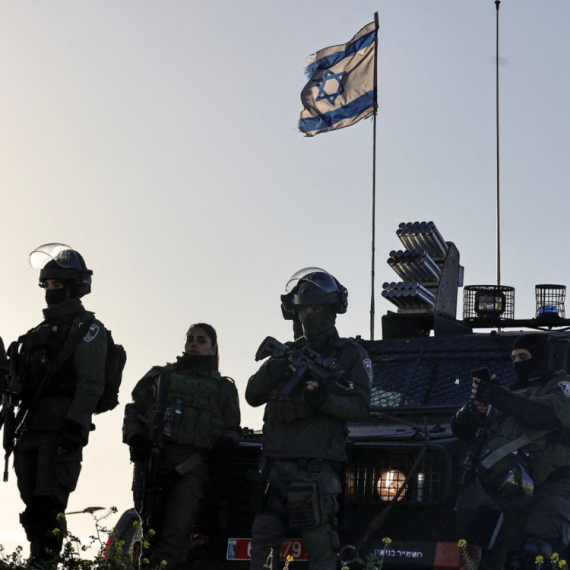
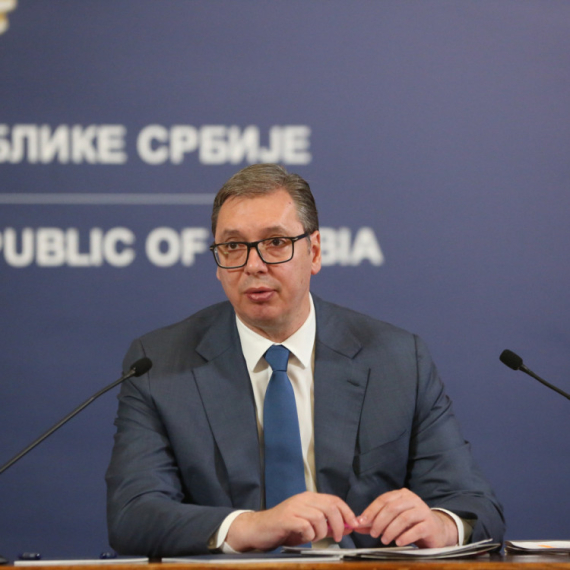
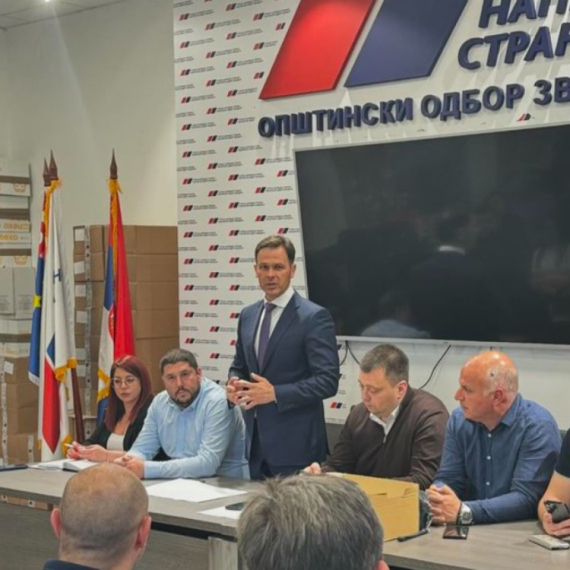
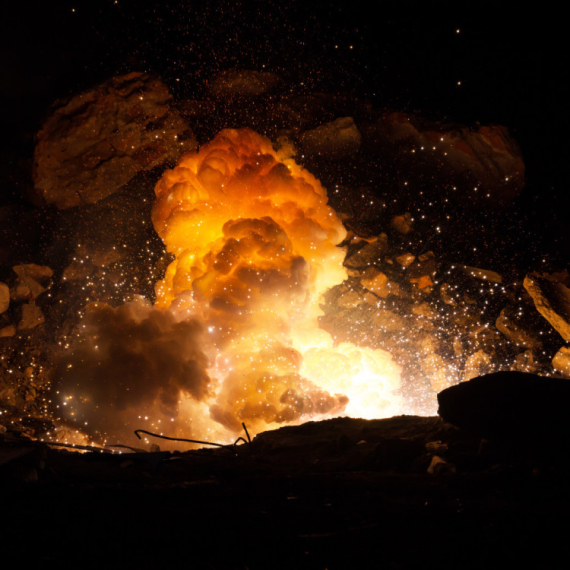




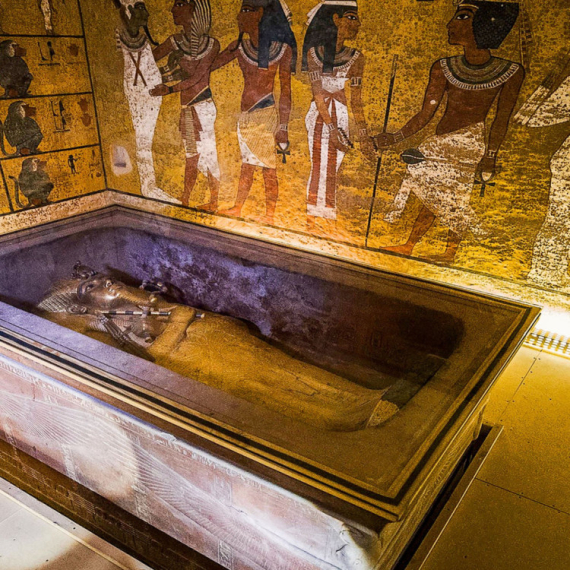

































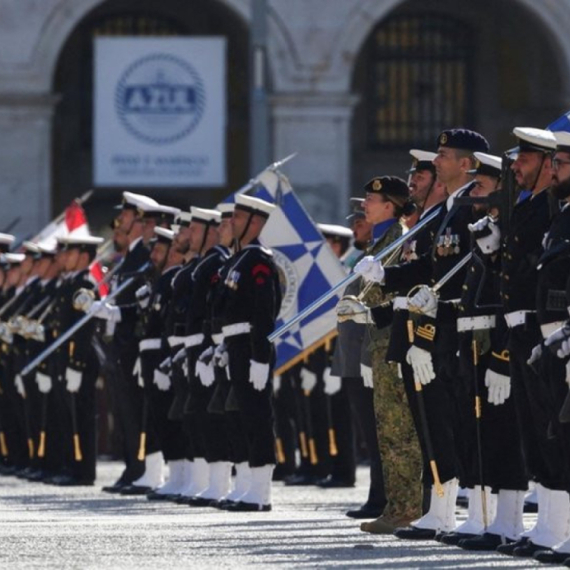

Komentari 2
Pogledaj komentare